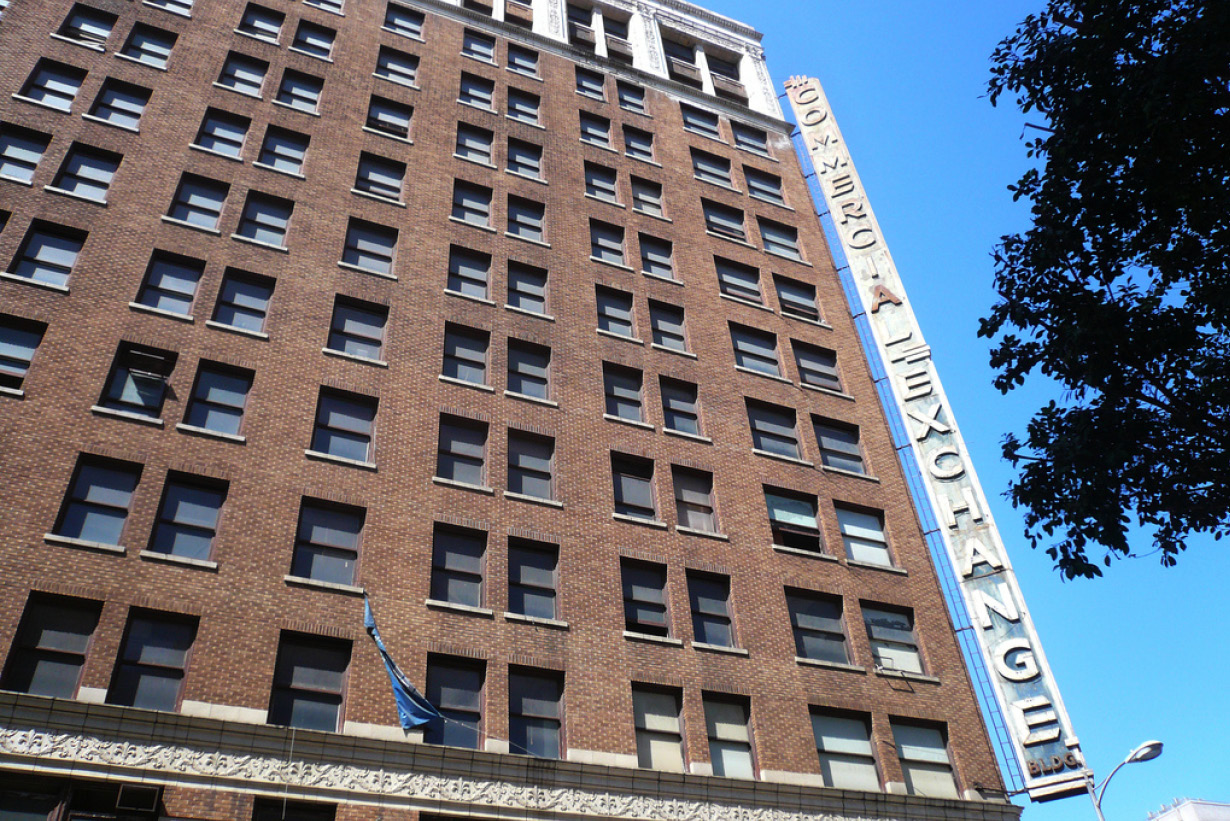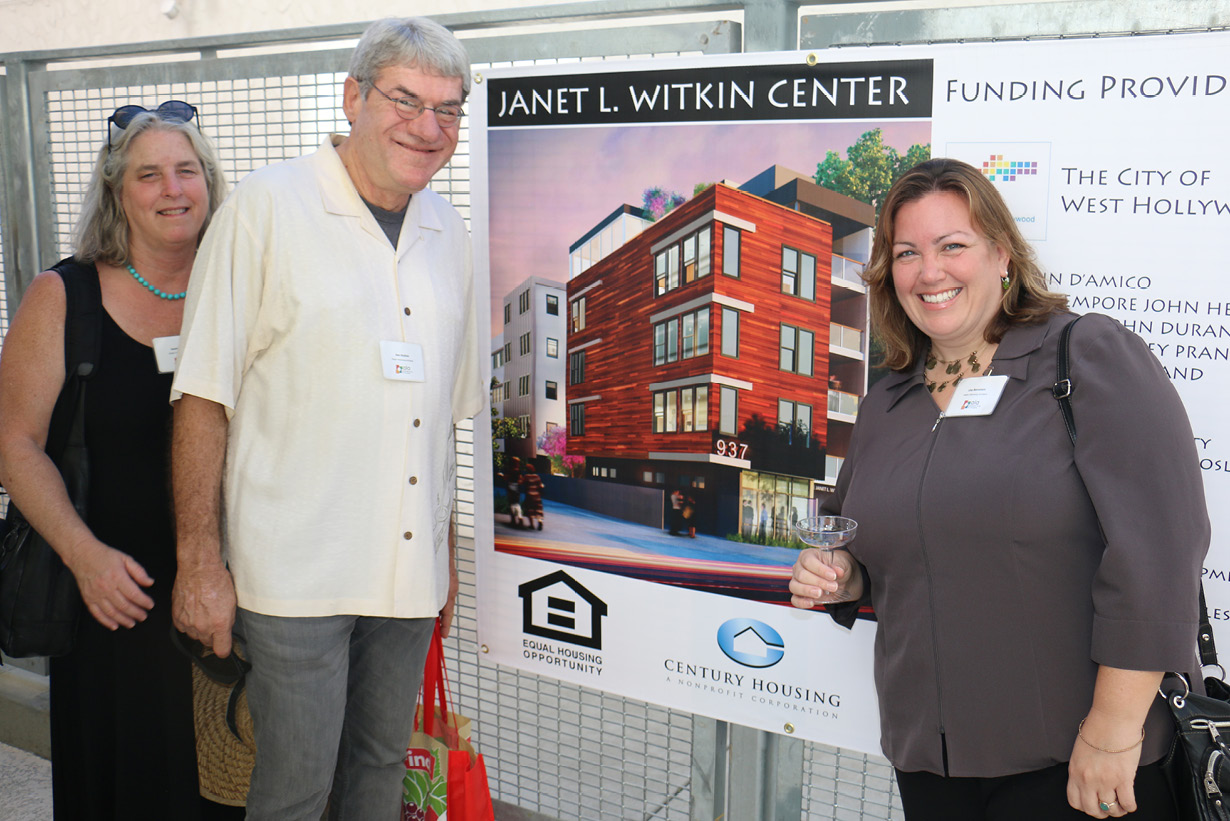KFA is currently working with the New York-based Sydell Group to develop their next boutique hotel in downtown Los Angeles. The project at the historic Commercial Exchange Building at 8th and Olive will be part of the group’s upscale hostel/hotel chain, called Freehand LA, that caters to group, international, and youth travelers. With Sydell being seasoned hospitality developers in both New York and LA, we were curious about the differences between developing a hotel project in the two metropolises. We interviewed Sydell VP Phil Hospod to help us shed light on the rivalry that keeps folks on both coasts awake at night: New York or LA?
Off the top of your head, are there more similarities or differences in getting projects completed in New York and Los Angeles?
Honestly, I think the process has more similarities than differences. One thing that strikes me is that even though they are both huge cities with complex regulations and bureaucracies, when you get down to brass tacks it’s all about individual people. Both New York and Los Angeles get manageable at the interpersonal level: the cumbersome building departments are run by people who are knowledgeable, forthcoming and relaxed, and who are there to help get through roadblocks. Building first-name relationships is key and doable in both places.
New York has a reputation for being expensive. Is it true?
New York is certainly more expensive to develop than Los Angeles, from land values and logistically difficult sites to wages to material costs and negotiating construction schedules around weather.
How about the permitting costs?
At the end of the day, fees that get paid to the city are about the same in both cities. However, the fees are collected differently. In LA, you pay a lot more fees upfront to get your permit, but once you’re under construction there are hardly any more fees until project completion. In New York, the upfront fees are less, but the city has the ability to assess fines during construction for certain non-compliant items that have a tendency to add up.
Hold on, you mean that the inspectors actually fine the builders if completed work needs to be fixed? That’s a powerful position for inspectors to be in.
Yes. There is an entire cottage industry in New York to have special expediters who manage the fines accrued by a project and then go down to the city to negotiate the final fees. In the end, projects can pay thousands of dollars in fines during construction.
Every time I go to New York, I’m amazed at the variation in disabled accessibility, even in new construction. What’s up with this?
Los Angeles seems to be further along in providing disabled access than New York, even though the accessibility codes are basically the same. It’s only been in the past 5 years or so that New York has become hyper-focused about accessibility, so I’m guessing whatever difference in accessibility code enforcement exists between the two cities will diminish over time.
Getting a liquor license in Los Angeles is a project in itself with CUB process. Does New York boast similar bureaucracy?
LA’s liquor license process is definitely more convoluted. Hotels in New York are basically “as of right,” so there are no unknowns to get beverage licenses, which are actually issued by the state. However, both New York and LA have a similar public review process. It’s done by neighborhood groups, which review hours of operation and other impacts that a liquor license might have on the surrounding area.
You’ve developed hotels in historic buildings in both cities. How do the review processes compare?
New York’s landmarked buildings are overseen by the Landmarks Preservation Commission, which can be pretty intense. They review everything that you’re proposing in a public hearing, and they grill you about everything, from your program to signage to colors. They can be vigilant and focused, and they ultimately have a lot of power over the final program and design, and often have developers return for multiple reviews. LA’s clearance review by the planning department with no mandated public review is more straightforward without the subjective, variable demands of individual commissioners and community members.
Yes, and the Office of Historic Resources will be reviewing Freehand LA shortly. And, how do you like DWP?
It’s a struggle in both places dealing with utilities. In New York, Con Edison sets their own impenetrable review schedule, which can take months just like with DWP. Con Ed also can be opportunistic with developers: at one project I was working on they required that we upgrade the electrical service for an entire street. That was a lot of expensive digging.
The LA Fire Department has the last say in just about everything except bathroom tile colors. Does the fire department have similar omnipotence in New York?
Yes.
And bagels?
Well, the last time that we came to LA to visit, we stayed downtown and we ended up at the Grand Central Market for breakfast on our first day. Being New Yorkers, we of course went to Wexler’s Deli for bagels. They were actually pretty good.
So then – bagels: New York or Los Angeles?
I’m from Montreal. And Montreal clearly has the best bagels.



